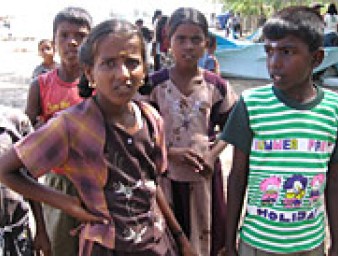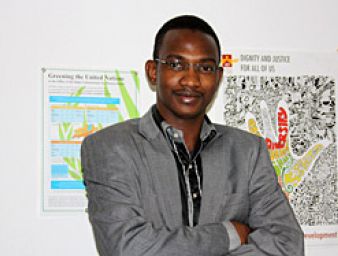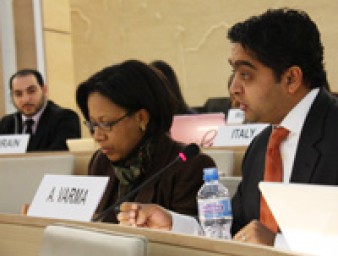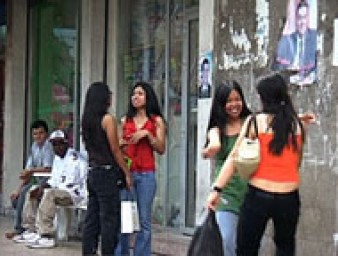“We must do more to protect minorities”
16 December 2022
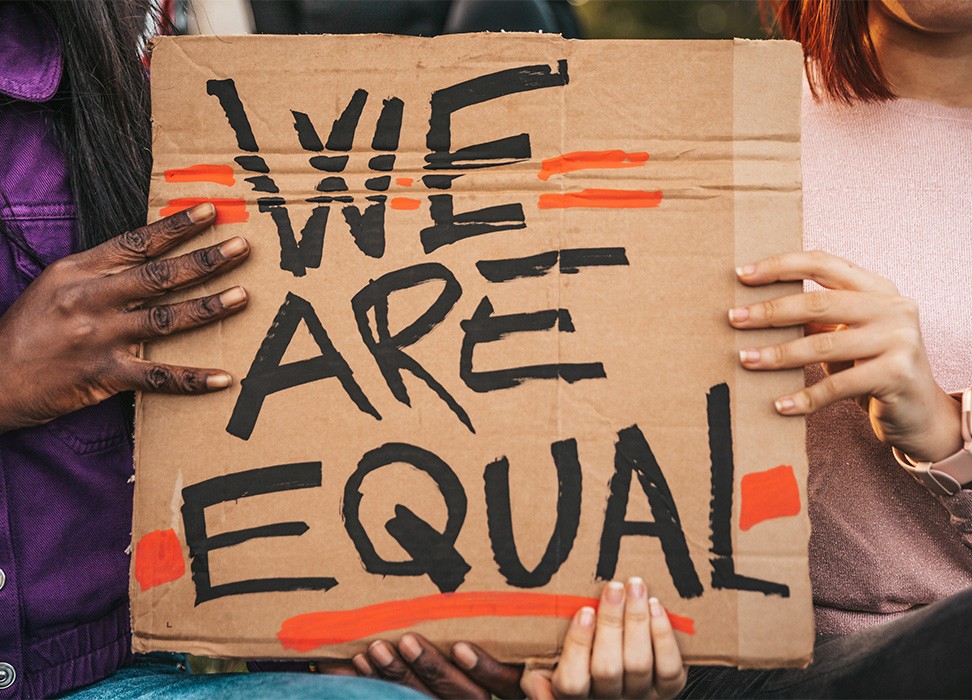
“Thirty years ago, the world made a promise to do more to protect the human rights of people from national, ethnic, religious, and linguistic minorities in all spheres of life,” said Volker Türk, UN High Commissioner for Human Rights on the milestone 30th anniversary of the UN Declaration on Minority Rights.
On 18 December 1992, UN Member States adopted the UN Declaration on Minority Rights. Through its very first article, the Declaration established that States must protect the existence, identity and the rights of minorities to equality and participation.
“We all recognise that promoting and protecting minorities is an obligation inherent in universal human rights and this is in the interest of society as a whole,” Türk said. “To tackle discrimination, including in its many intersecting forms, we must use the tools at our disposal more effectively.”
This anniversary marks the end of the year-long commemoration of the Declaration with the theme, All in 4 Minority Rights , which rests on the tenet that protecting the rights of any person belonging to national or ethnic, religious, and linguistic minorities contribute to the political and social stability and progress of States in which they live.
UN Human Rights organized activities throughout the year including workshops, roundtables, consultations, a regional seminar, the launch of two law publications, a summit on racial discrimination and protection of minorities in peace, security and prevention; a General Assemblyhigh-level meeting, a photo contest and the recent 15th session of UN Forum on Minority Issues .
The Forum brought hundreds of participants, including representatives of minority groups, Member States, UN mechanisms, bodies and specialized agencies, regional organizations and experts to identify challenges, analyze best practices, opportunities, and create initiatives to strengthen the implementation of the UN Declaration on Minority Rights.
It also provided a unique platform to strategize on steps toward eliminating obstacles preventing the Declaration from delivering on its promise. Every year, UN Human Rights invites Minority Fellows to participate in the Forum and bring their own voice to the conversation while networking, sharing their own experiences as minorities and strengthening their advocacy skills in human rights.
“
On the 30th anniversary of the Declaration on Minority Rights, we need to take urgent action to ensure that international legal standards in place to protect minorities, are translated into reality for all minority groups everywhere...
“
Volker Türk, UN High Commissioner for Human Rights
A voice for change
Ojot Miru Ojulu is a former UN Minority Fellow belonging to the Anywaa Minority ethnic group from the Gambella region of Ethiopia. For many years, he has been combatting discrimination against minorities and promoting their inclusion in political, economic, and social life in Ethiopia.
He currently works for the Danish Institute for Human Rights as East Africa Regional Representative based in Addis Ababa. He also works on creating ways to empower minorities.
Ojulu didn’t always know he wanted to work in human rights. His knowledge of human rights was also very limited before he participated in the fellowship program. He said the fellowship program gave him a deep understanding of the UN Human Rights system and how to carry out effective human rights advocacy at local, national, regional, and international levels.
Before moving to Addis Ababa, he didn’t know there were any issues with discrimination in his country.
“In the Gambella region, indigenous black people and other brown Ethiopians from highland regions live together and respect each other,” he said. “But then the moment I moved to the capital is where I realized that, you know, people look at me different and used to call me names and sometimes I experienced violent attacks because of my black skin color.”
He quickly realized he needed to speak up.
“I mean this is my country, I'm a citizen and I should be treated equally, seen equally with any other persons,” he said. “It was not just me then (being treated differently), it was all black people like me from other lowland regions of Ethiopia.”
Ojulu found being a Fellow helpful for him to learn more about how he can advocate for himself and others and found the Forum as a great platform for minorities to voice their concerns and for the international community to be informed about what is happening to minorities in different countries.
He said that a common challenge for all minorities in his country is marginalization, discrimination, and exclusion from active and meaningful participation in decision making processes and economic opportunities, especially at the national level.
“So, the participation of minorities is very little,” he said. “I also felt this is wrong. We are citizens and all people should have the same opportunities.”
Türk stressed an important step towards this unequal treatment and marginalisation by social systems is to make it easier for minorities and their representatives, particularly minority women, to participate in decision-making at all levels.
“We must make room for diversity by protecting the rights of minorities,” Türk said. “Pluralistic, multiple, and multi-layered identities contribute to a more colourful societal tapestry. The variety of threads that are woven together strengthens our social fabric.”
